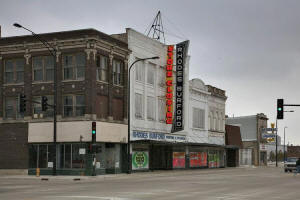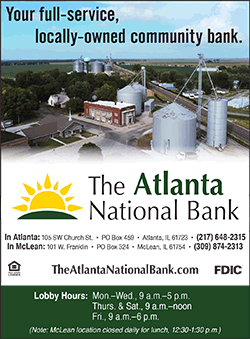Businesses coping with Illinois’ minimum wage increase
 Send a link to a friend
Send a link to a friend
 [January 16, 2023]
By Zeta Cross | The Center Square contributor [January 16, 2023]
By Zeta Cross | The Center Square contributor
(The Center Square) – Illinois’ minimum wage increased to $13 at the
beginning of the year and businesses are feeling it.
In 2019, after no increases in the minimum wage since 2010, the
legislature agreed to a gradual increase that will top off at $15 an
hour in 2025.
The passage fulfilled a campaign pledge from Gov. J.B. Pritzker. In step
with the ramp-up, the Illinois minimum wage will increase to $14 an hour
on Jan. 1, 2024, and on Jan. 1, 2025, the minimum wage will reach $15.
Todd Maisch, president and CEO of the Illinois Chamber of Commerce, said
the increase is “particularly painful” for retailers, restaurants and
employers in the service industry.
“Employers are trying to decide whether they will trim hours or trim
jobs. In some instances, if they think they can get away with it, they
will have to raise prices,” Maisch told The Center Square.
Maisch said that for businesses that are struggling with inflation,
paying a higher minimum wage is more pain for the bottom line.

“Governments cannot create demand; they cannot create revenue," he said.
"So that means that small businesses must decide how to cut costs. Way
too few members of the legislature understand that basic fact."
Lawmakers act as if all businesses have a secret vault of cash that they
can tap to pay higher wages, Maisch said.
“We all know that that is not the case,” he said.
Keeping wages artificially high makes it harder for inflation to go
down, Maisch said, and raising prices is not an option for many
businesses.
[to top of second column]
|

A store in Danville, Illinois, closing
after 120 years in business. (Daniel Schwen | Wikimedia via Creative
Commons)

“Coming off of very aggressive inflation, that is the last thing that
small businesses want to do,” he said. “Over time, inflation impacts
consumer behavior more and more. Consumers are spending less and less at
restaurants and other places."
Maisch thinks most employers will opt to trim jobs and cut hiring rather
than raise prices.
The service industry, including retail, is on the frontline when it
comes to the minimum wage hike, Maisch said. He expects businesses to
opt for more automation in response.
“Whether it will be self-serve sodas or having customers tap screens to
put in their own food orders, more businesses will decide that they have
to go that route," Maisch said.
Raising the minimum wage will have a ripple effect, he said.
“For a manufacturer, the fact that somebody can come in and on the first
day on the shop floor make $13 an hour, that means that everybody that’s
been there for six months or a year or two is going to pressure the
employer for higher wages,” Maisch said.
High-performing employees will get the wage increase, Maisch said, but
employers will become even more hesitant to bring on new employees that
they would have to train.
[© 2023 Thomson Reuters. All rights
reserved.]This material may not be published,
broadcast, rewritten or redistributed.
Thompson Reuters is solely responsible for this content. |